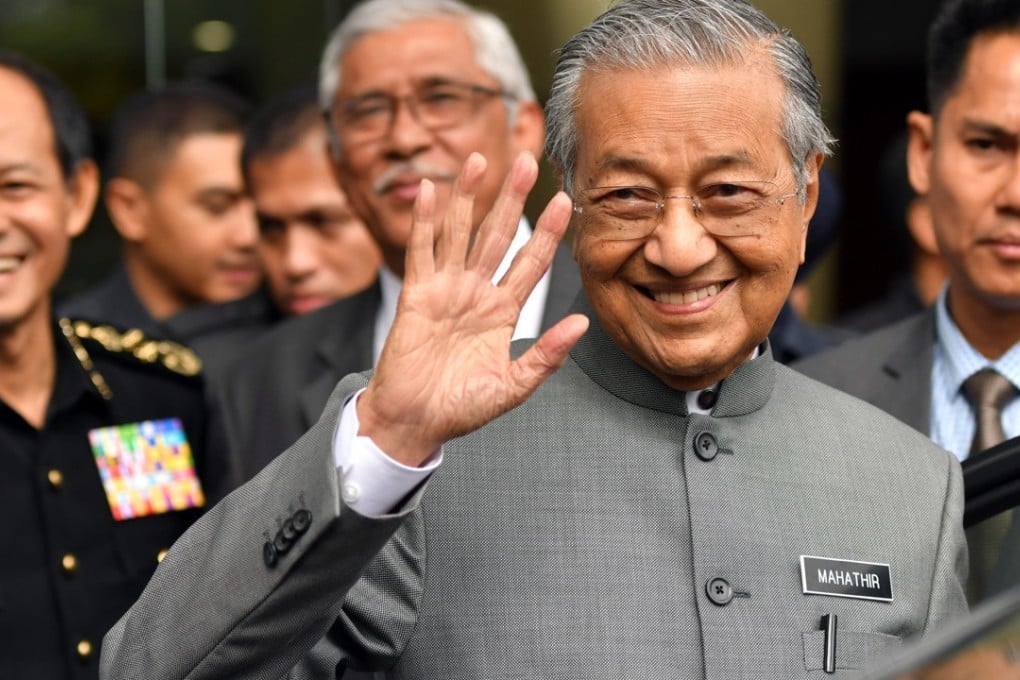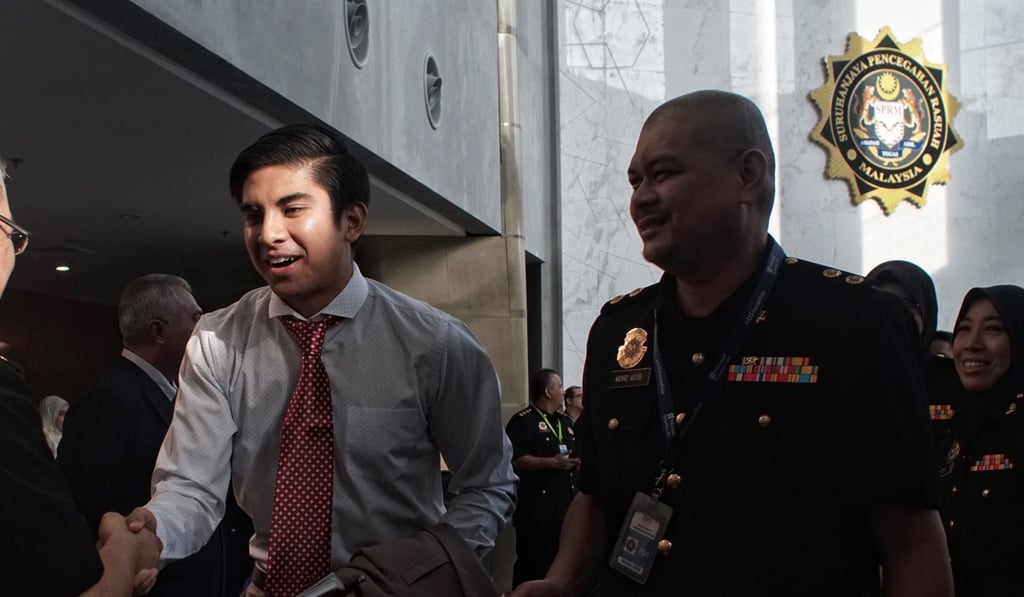In Mahathir’s Malaysia, no gay rights and no free speech
After gay staffer pressured to resign and writer investigated, the new administration is showing signs it will buckle to pressure from Islamic fundamentalists

Even before the start of the first legislative session, rights activists say the Pakatan Harapan bloc Mahathir leads is showing signs it won’t honour pledges to boost universal rights – including those in the lesbian, gay, bisexual, transgender and intersex (LGBTI) community.
One of the reasons for this, activists say, is that the country’s largest voting bloc – rural, Malay Muslims – remains deeply conservative and unsympathetic towards human rights issues.
Najib in court: what to expect from Malaysia’s biggest trial
This week the government failed to defend a minister’s interim aide who abruptly quit his position after facing virulent online attacks from conservative Muslim commentators over his past gay rights advocacy.
Numan Afifi, the interim press secretary to Youth and Sports Minister Syed Saddiq Syed Abdul Rahman and a gay rights activist, blamed “opposition propagandists” for making it untenable for him to continue in his role. But other activists laid into his boss for offering a feeble response to the saga.
In a post on Twitter, the 25-year-old minister sidestepped condemning Numan’s online critics. Instead, Syed Saddiq said he respected Numan’s decision to step down and urged him to “stay strong”. “You’ll always be a bro,” he wrote.
